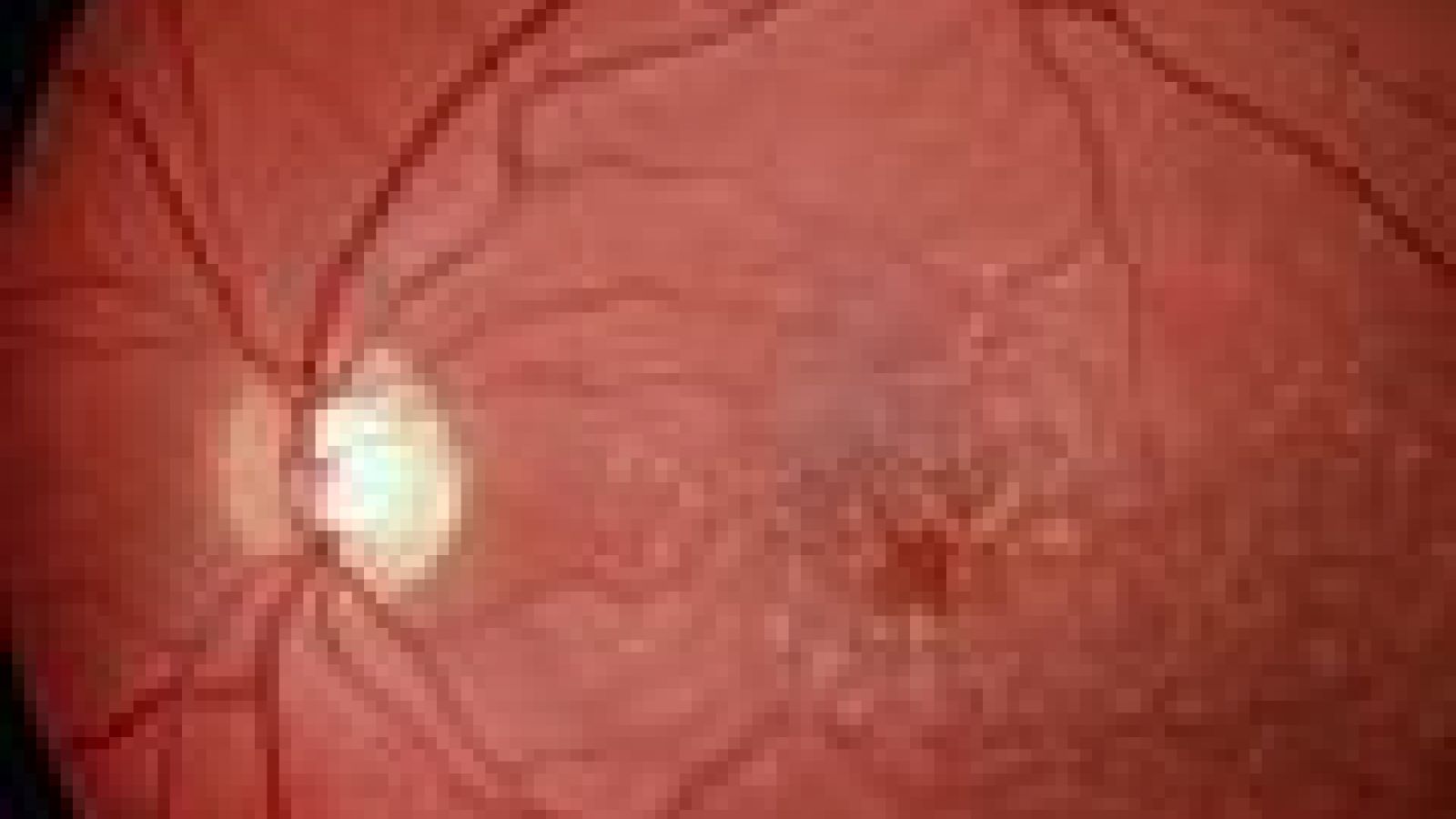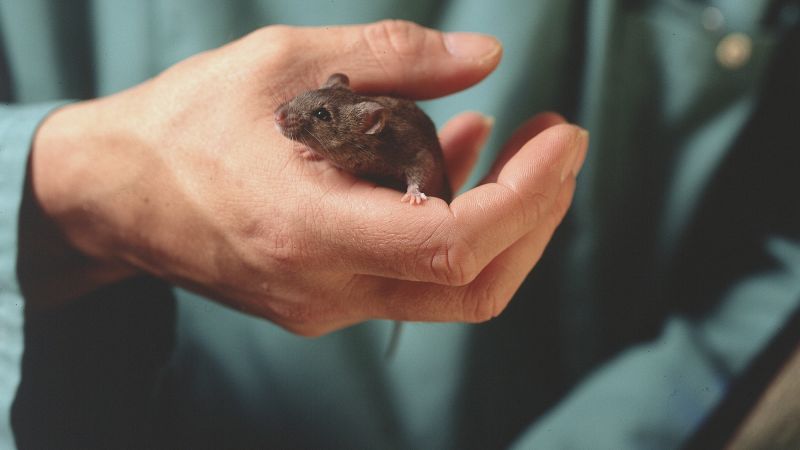
Text to go here...
 Night-vision was restored after scientists transplanted light-sensitive cells into the eyes of mice. The experiment is the first to show that transplantation can reverse some forms of human blindness, such as age-related macular degeneration, which affects 15 people in every 100 over the age of 70.
Night-vision was restored after scientists transplanted light-sensitive cells into the eyes of mice. The experiment is the first to show that transplantation can reverse some forms of human blindness, such as age-related macular degeneration, which affects 15 people in every 100 over the age of 70.
In the study, researchers injected the precursors of light-sensitive cells – taken from newborn mice – into the eyes of adult GM mice that could not see in the dark due to a genetic mutation. Of the 200,000 cells injected, between 20,000 and 30,000 successfully attached to the retina at the back of the eye and formed working neural networks.
In a series of tests, including one that measured the animals' ability to distinguish varying shades of grey, and another that timed how quickly mice found a submerged platform in a water tank under low lighting conditions, the animals performed significantly better than mice that had not received the transplant.
The scientists transplanted rod cells, which are the most common light-sensitive cell in the eye and allow animals to see in low light but only in black and white. They hope to repeat the technique with cone cells, which allow coloured vision but are much less numerous and more difficult to transplant.
The results are a promising sign that transplantation will be possible in people. But much more work is required before scientists can attempt clinical trials. One crucial step is to make suitable donor cells. These could come from embryonic stem cells, or the patient’s own cells could be coaxed into becoming light-sensitive cells using techniques that are currently being developed by other scientists.
Last edited: 14 March 2022 08:52



